Ten Questions for Miller Oberman
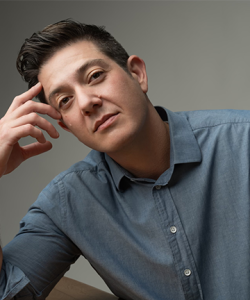
“[T]herapeutic modes can enhance artistic work enormously, because they give us access to our inner workings in fresh, sometimes even revelatory ways. ” —Miller Oberman, author of Impossible Things
Jump to navigation Skip to content
Articles from Poet & Writers Magazine include material from the print edition plus exclusive online-only material.

“[T]herapeutic modes can enhance artistic work enormously, because they give us access to our inner workings in fresh, sometimes even revelatory ways. ” —Miller Oberman, author of Impossible Things

The author of The Body Alone: A Lyrical Articulation of Chronic Pain offers advice on submitting and publishing hybrid work.
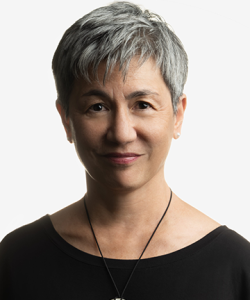
“You can go with intention, or you can explore where the poem leads you. Where your unconscious leads you.” —Kimiko Hahn, author of The Ghost Forest: New and Selected Poems

In Absolution, the surprise fourth volume of the Southern Reach series of literary speculative novels, Jeff VanderMeer continues to provoke critics and eschew labels while plunging readers into the unpredictable wilds of Area X.
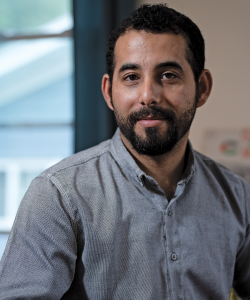
For Mosab Abu Toha, whose entire life and body of work, including his new collection, Forest of Noise, have been shaped by war, poetry is a way for all of us to document, to try to understand, and to act in times of suffering.

Excerpts from debut books by Suzette Mullen, Dorsía Smith Silva, Uchenna Awoke, Deborah Jackson Taffa, and Parul Kapur.

This past April, NDN Girls Book Club loaded up a big pink truck to distribute over ten thousand free books and care packages throughout the Hopi Reservation and Navajo Nation, improving accessibility to Indigenous literature.

The first lines of a dozen noteworthy books, including Between the Night and Its Music: New and Selected Poems by A. B. Spellman and The Charterhouse of Padma by Padma Viswanathan.

Led by best-selling author Lauren Groff, the Lynx Watch helps distribute books banned or challenged in the state of Florida to local readers and works with advocacy organizations to bring awareness to other threatened freedoms.

The Center for Book Arts’s new fellowship program supports BIPOC creatives with essential resources to start a small press, planting seeds for a more diverse and equitable vision of publishing.
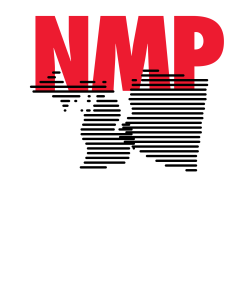
“Take pleasure in publishing work you love,” says Ander Monson, founder of New Michigan Press. Steered by this guidance and a taste for the off-kilter, the press has produced chapbooks and the magazine Diagram for over twenty years.
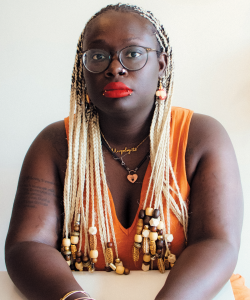
The author of the debut poetry collection Good Dress highlights a thoughtful selection of literary journals that helped shepherd her poems into the world, including Underbelly and Hopkins Review.

The new president of the Association of American Literary Agents speaks about the state of agenting today, what writers misunderstand about agents, and the numerous irons she has in the literary fire.

U.K.-based artist James Cook uses a typewriter to create architectural and portraiture artworks consisting of thousands of letters, numbers, and punctuation marks, encouraging viewers to look beyond their first impressions.

“Never let the pursuit of perfection be the enemy of the good.” —Steve Wasserman, author of Tell Me Something, Tell Me Anything, Even If It’s a Lie: A Memoir in Essays

The author of The Body Alone: A Lyrical Articulation of Chronic Pain contemplates how hybrid writing can capture ongoing stories without neat endings.

“Trust yourself enough to know that you don’t need to do backflips for your readers on the page. Just walk straight ahead.” —Aaron Robertson, author of The Black Utopians: Searching for Paradise and the Promised Land in America

The author of The Body Alone: A Lyrical Articulation of Chronic Pain contemplates how hybrid writing can capture the nonlinear chronology of pain.
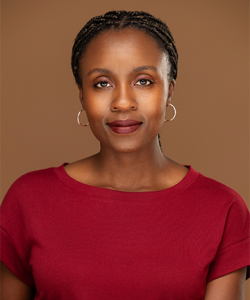
“Take a year, pursue it, and see what happens.” —Afabwaje Kurian, author of Before the Mango Ripens
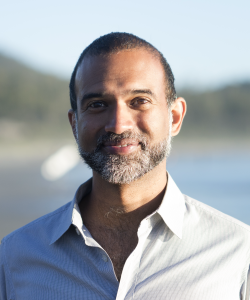
“The orality and intimacy of the lecture bring it closer to some aspects of lyric poetry than the nonfiction essay.” —Srikanth Reddy, author of The Unsignificant
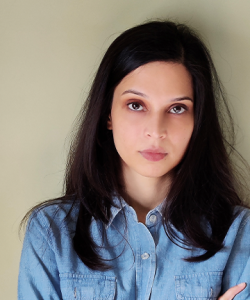
“There is no point in learning how to sculpt if you don’t know where to get the clay.” —Devika Rege, author of Quarterlife.

The author of Us From Nothing offers an exercise to enhance the body’s role in the act of writing.

“Now, though, years have passed, and I do have more peace about my past and my process. From afar, I can finally see what I was doing, and why.” —Jay Baron Nicorvo, author of Best Copy Available: A True Crime Memoir

The author of Us From Nothing offers an exercise to become mindful of the body’s role in the act of writing.
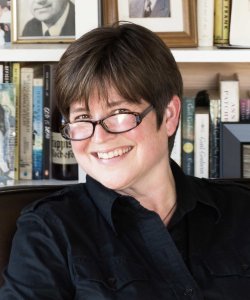
A novelist based in rural Maine shares how she creates community—by reading her literary ancestors, engaging with living writers all over the state, and hosting an online writers studio—all while dispensing with the archetype of the lonely writer.